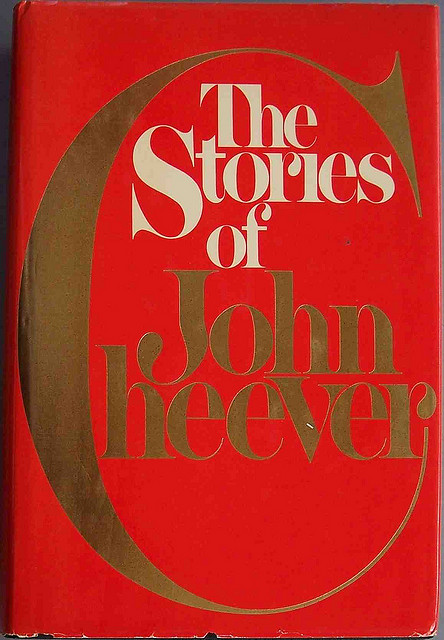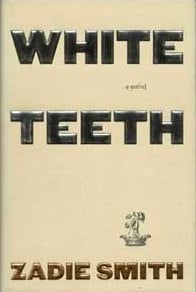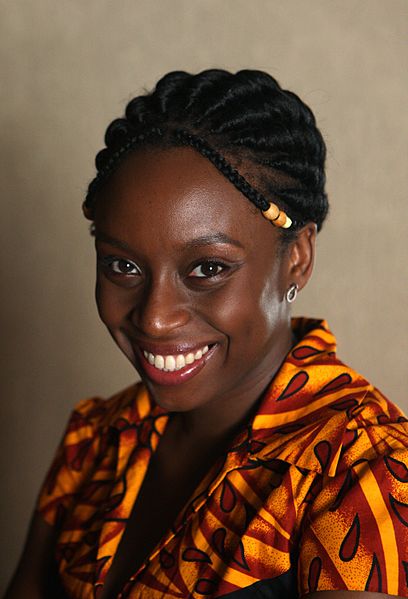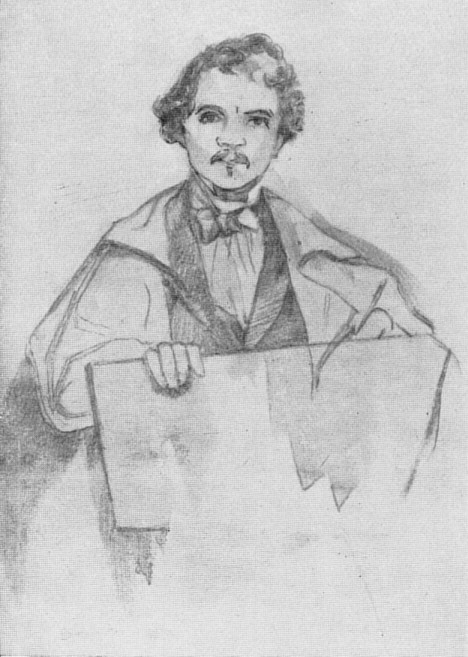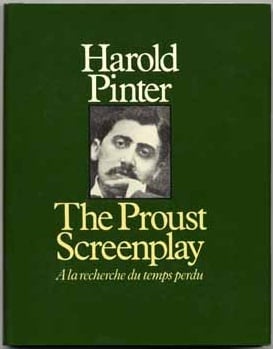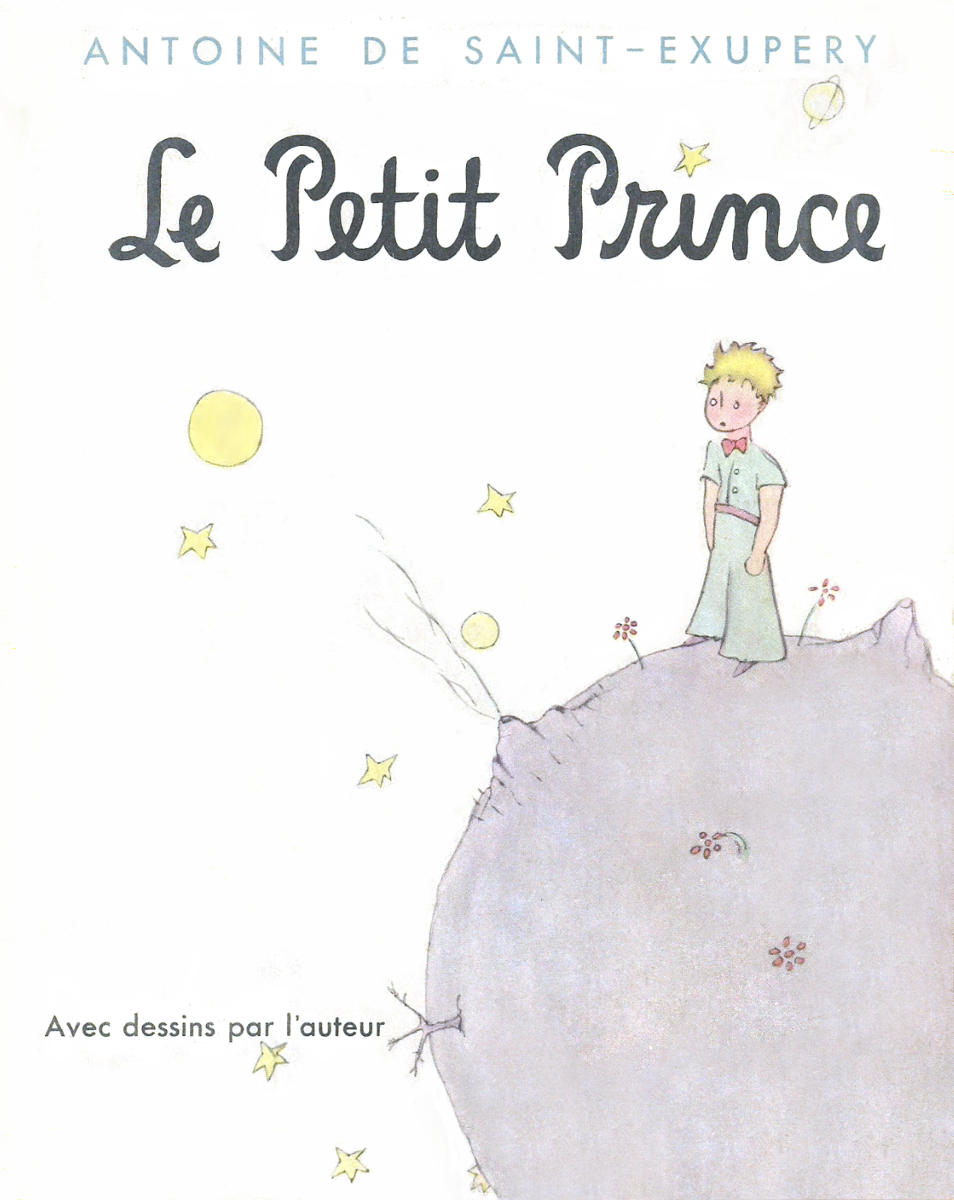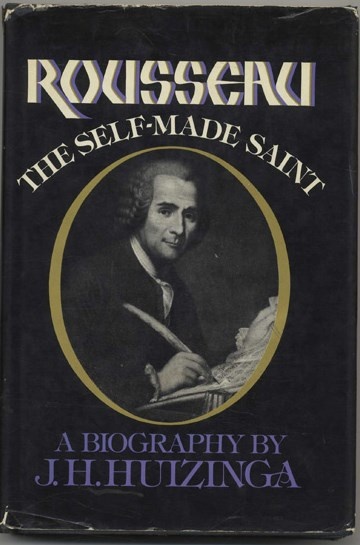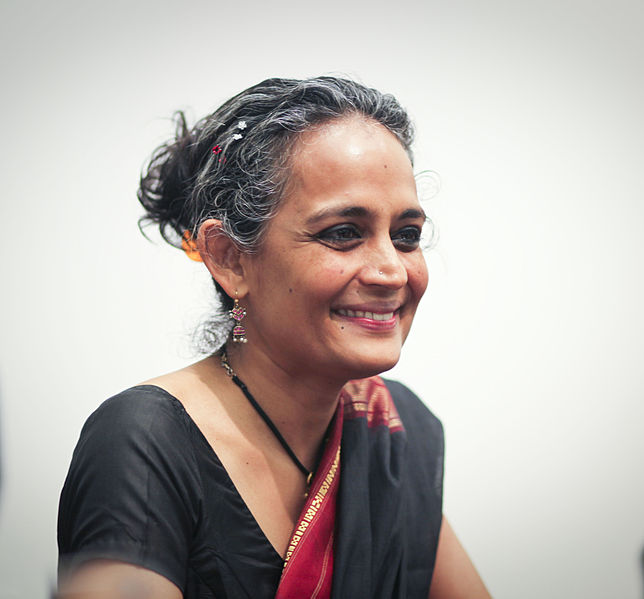In 2004, Mark Eisner's edited bilingual collection of Pablo Neruda's poems, The Essential Neruda: Selected Poems, was published by City Lights. It has gone on to receive much acclaim, and indeed is the bestselling edition of Neruda's poetry in America. Eisner is currently at work on an important documentary on the late Chilean poet, The Poet's Calling. We had the opportunity to interview him about the process of editing and translating Neruda, as well as the work he has been doing on the documentary film that's currently in production.
us toll free: 1-800-948-5563 international: +1 (843) 849-0283 UK: +44 (0) 1334 260018





